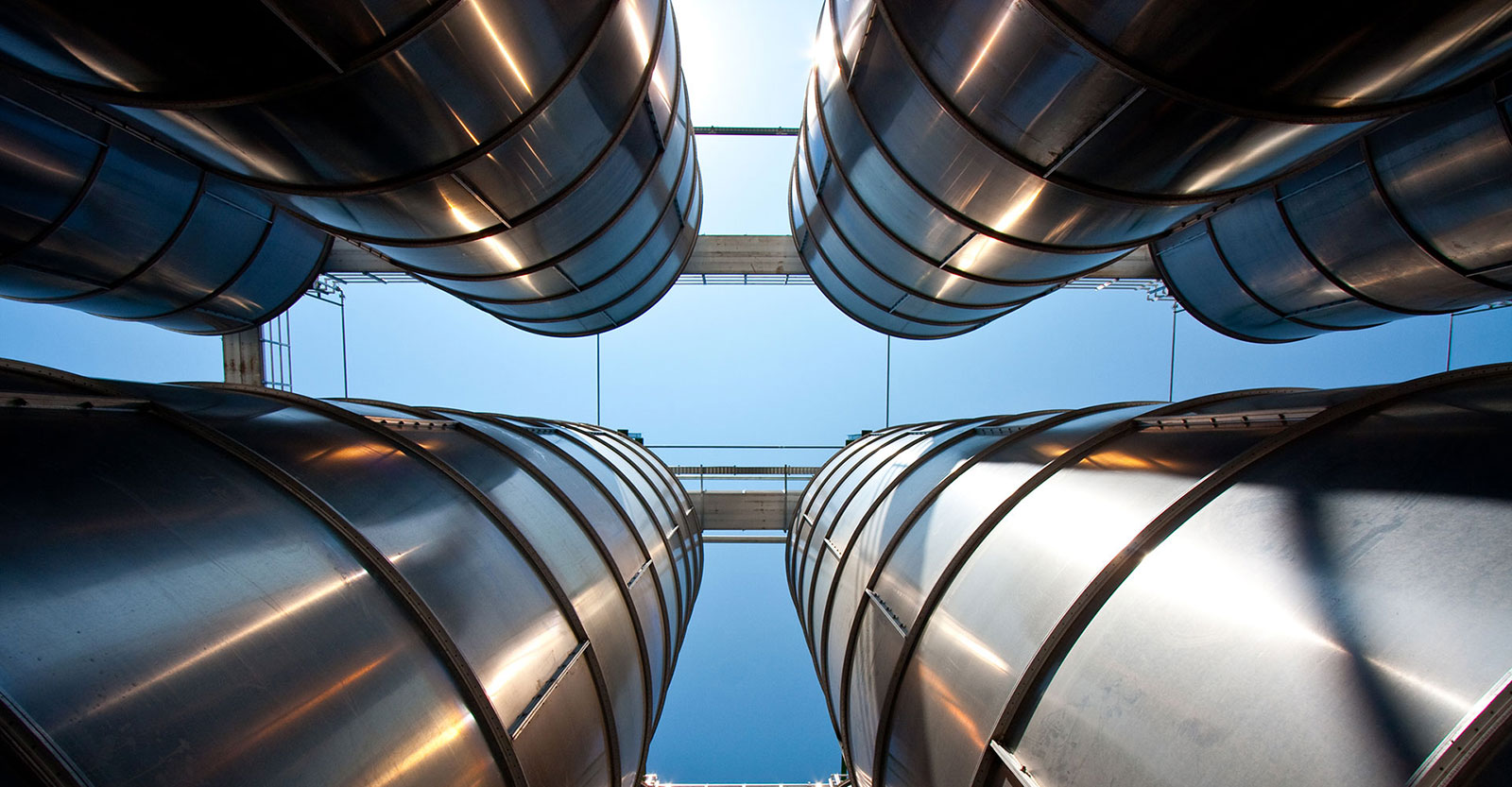
Innovations in Polymer Technology: India’s Leading Edge in Global Markets
Innovations in Polymer Technology: India’s Leading Edge in Global Markets
India’s polymer industry has rapidly evolved, becoming a significant player in the global market. This transformation is driven by continuous technological innovations that enhance the properties and applications of polymers. In this blog, we will explore the cutting-edge advancements in polymer technology emerging from India and how they are positioning the country as a leader in the global polymer market.
Recent Advancements in Polymer Technology
- Nanotechnology in Polymers
Nanotechnology has revolutionized the polymer industry by enabling the creation of materials with enhanced properties. By incorporating nanoparticles into polymer matrices, Indian researchers have developed polymers with improved strength, thermal stability, and barrier properties. These nanocomposites are finding applications in packaging, automotive, electronics, and healthcare sectors.
- Biodegradable and Bio-based Polymers
The shift towards sustainability has led to significant advancements in biodegradable and bio-based polymers. Indian scientists are developing polymers from renewable resources such as plant starch, cellulose, and polylactic acid (PLA). These materials degrade naturally, reducing environmental impact. Innovations in this area are particularly impactful in packaging, agriculture, and medical applications.
- Smart Polymers
Smart polymers, also known as responsive polymers, can change their properties in response to environmental stimuli such as temperature, pH, and light. Indian researchers are pioneering the development of smart polymers for applications in drug delivery, sensors, and self-healing materials. These polymers have the potential to revolutionize healthcare, electronics, and materials science.
- High-Performance Polymers
High-performance polymers offer superior mechanical, thermal, and chemical properties compared to conventional plastics. Indian advancements in high-performance polymers, such as polyether ether ketone (PEEK) and polyimides, are enhancing applications in aerospace, automotive, and electronics. These materials are known for their strength, durability, and resistance to extreme conditions.
- Polymer Blends and Alloys
Combining different polymers to create blends and alloys can result in materials with unique and desirable properties. Indian researchers are at the forefront of developing polymer blends that offer a balance of flexibility, strength, and thermal resistance. These innovations are particularly beneficial for the automotive, packaging, and construction industries.
Impact on Various Sectors
- Automotive Industry
The automotive industry extensively uses advanced polymers to reduce vehicle weight, improve fuel efficiency, and enhance safety. Innovations in polymer technology are leading to the development of lightweight, durable, and heat-resistant components. Indian advancements in high-performance polymers and nanocomposites are contributing to the production of more efficient and environmentally friendly vehicles.
- Packaging Industry
The packaging industry benefits from polymers with enhanced barrier properties, durability, and sustainability. Innovations in biodegradable and smart polymers are transforming packaging solutions. Indian researchers are developing packaging materials that not only protect products but also reduce environmental impact. These advancements are crucial for the growing e-commerce and consumer goods sectors.
- Healthcare Sector
In the healthcare sector, polymers are used in medical devices, drug delivery systems, and packaging. Innovations in smart polymers and biodegradable materials are leading to the creation of advanced medical solutions. Indian advancements in this field are enabling more effective drug delivery systems, biodegradable implants, and antimicrobial surfaces, improving patient outcomes and healthcare efficiency.
- Electronics and Electricals
Polymers play a vital role in the electronics industry by providing insulation, flexibility, and protection for electronic components. Innovations in high-performance and conductive polymers are enhancing the performance and durability of electronic devices. Indian researchers are developing polymers with improved electrical properties for use in flexible electronics, sensors, and energy storage devices.
- Construction Industry
The construction industry uses polymers for insulation, coatings, sealants, and structural components. Innovations in polymer blends and high-performance materials are improving the durability, thermal efficiency, and sustainability of construction materials. Indian advancements are contributing to the development of smart buildings with enhanced energy efficiency and reduced environmental impact.
India’s Competitive Edge in the Global Market
- Research and Development (R&D)
India’s robust focus on research and development is a key driver of innovation in the polymer industry. Government initiatives, academic institutions, and private sector investments are fostering a vibrant R&D ecosystem. Collaborative efforts between universities and industry players are accelerating the development of cutting-edge polymer technologies.
- Skilled Workforce
India boasts a large pool of skilled scientists, engineers, and technicians who are driving advancements in polymer technology. The availability of a highly educated workforce ensures that India remains at the forefront of innovation. Continuous training and education programs are enhancing the skills and knowledge of professionals in the polymer sector.
- Cost-Effective Production
India’s cost-effective production capabilities provide a competitive advantage in the global market. The ability to produce high-quality polymers at lower costs makes India an attractive destination for polymer manufacturing. This cost efficiency, combined with technological advancements, enables Indian companies to compete effectively on a global scale.
- Government Support
Supportive government policies and initiatives are crucial in promoting innovation in the polymer industry. Programs such as Make in India, Startup India, and various incentives for research and manufacturing are encouraging the growth of the polymer sector. Regulatory frameworks that promote sustainability and environmental responsibility are also driving the development of eco-friendly polymers.
Future Prospects
The future of India’s polymer industry looks promising, with several trends indicating sustained growth and innovation:
- Sustainability Focus
The global shift towards sustainability will continue to drive innovation in biodegradable, recyclable, and bio-based polymers. Indian researchers and manufacturers are well-positioned to lead in this area, creating solutions that address environmental challenges.
- Technological Integration
The integration of advanced technologies such as artificial intelligence (AI), machine learning, and the Internet of Things (IoT) with polymer production and processing will enhance efficiency and innovation. These technologies will enable smarter manufacturing processes, improved material properties, and new applications for polymers.
- Global Collaboration
Increasing collaboration with international research institutions and companies will enhance India’s capabilities in polymer technology. Global partnerships will facilitate the exchange of knowledge, resources, and best practices, driving further innovation and competitiveness.
- Market Expansion
The expanding applications of advanced polymers in industries such as aerospace, defense, and renewable energy will create new growth opportunities. Indian advancements in high-performance and smart polymers will enable the country to tap into these emerging markets.
Conclusion
India’s polymer industry is at the forefront of technological innovations, driving global competitiveness and sustainability. Advancements in nanotechnology, biodegradable materials, smart polymers, and high-performance polymers are transforming various sectors, from automotive and packaging to healthcare and electronics. Supported by a robust R&D ecosystem, skilled workforce, cost-effective production, and government policies, India is well-positioned to lead the global polymer market. As the industry continues to innovate and adapt to emerging trends, the future of India’s polymer sector looks brighter than ever.




